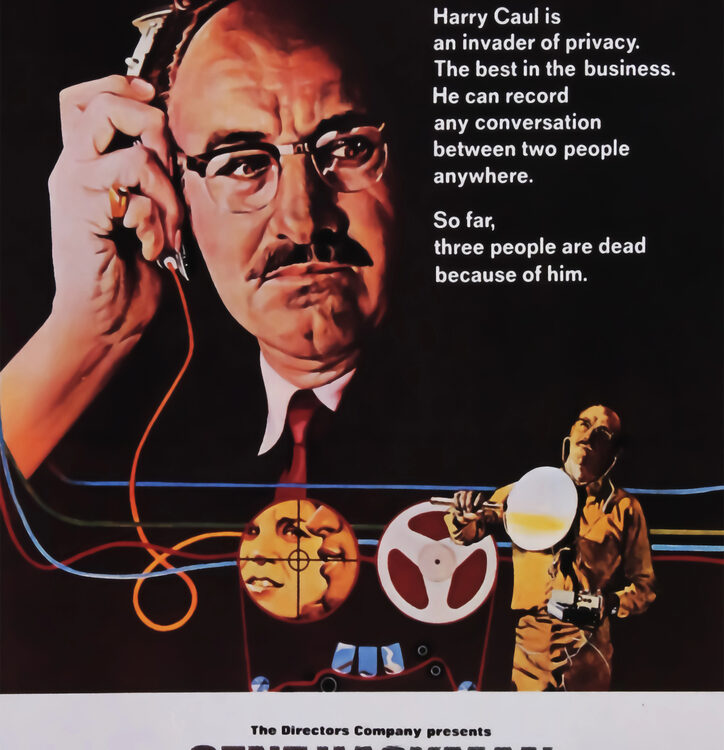DNA Test Proves Jordan Rogers Is Sole Heir to British Aristocrat’s Estate
June 14, 2019What You Need to Know About Elder Care and the Law’s Denial of Intra-Family Contracts
July 21, 2019When someone dies without a Will, they are said to die “intestate.” That was thought to be the case when the queen of soul, Aretha Franklin, died in August 2018. The court appointed one of Franklin’s nieces, Sabrina Owens, as executor, empowering her to manage the estate worth an estimated $80 million.

However, as we shared in a recent blog post, three different handwritten Wills have since been presented to the court, each purporting to be Franklin’s last Will and Testament. One of those Wills, from 2014, named Franklin’s youngest son, Kecalf Franklin, and he has asked the court to remove his cousin and honor his mother’s wishes by appointing him as executor instead.
In addition to requesting control over the estate, Kecalf claims that Owens has not fulfilled her obligation to provide his mother’s heirs with a full accounting of estate assets. He also alleges that Owens has not kept him informed about business decisions involving his mother’s estate.
Owens responded that she has properly managed the estate so far and has provided transparency into the estate settlement process. Attorneys working on behalf of the estate are challenging Kecalf’s request to be named executor, claiming that he is ill-equipped to take on the role of executor for such a large and multifaceted estate.
While it has been nearly a full year since Franklin’s death, her estate is unlikely to be settled anytime soon. Unfortunately, it is not unheard-of for celebrity estates to take years or even decades to resolve challenges and issues in the courts.
If you have not yet completed your own estate plan, consider doing so, as estate planning can be a valuable gift for your loved ones. While most of us don’t have estates anywhere near the size of Franklin’s, it is still important to plan for the orderly management and disposition of what you do have when you die.
To learn more about how an estate planning attorney can help, contact us today!



